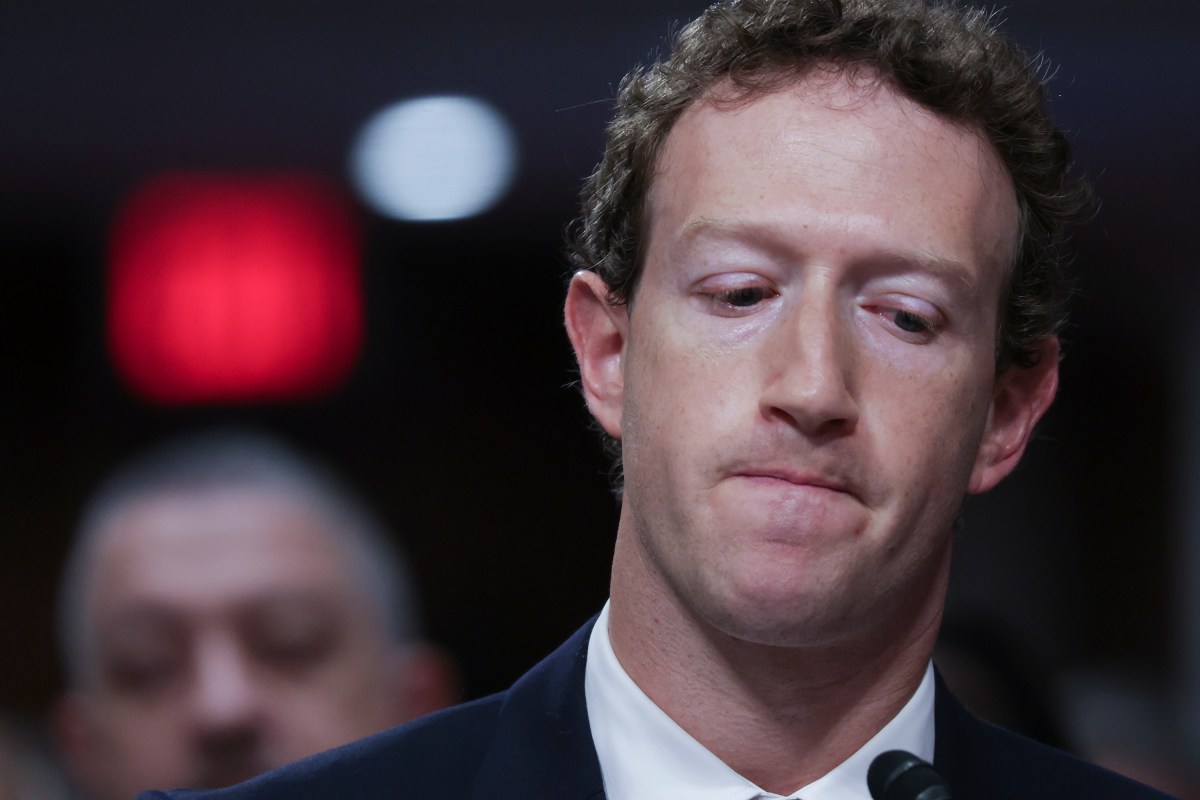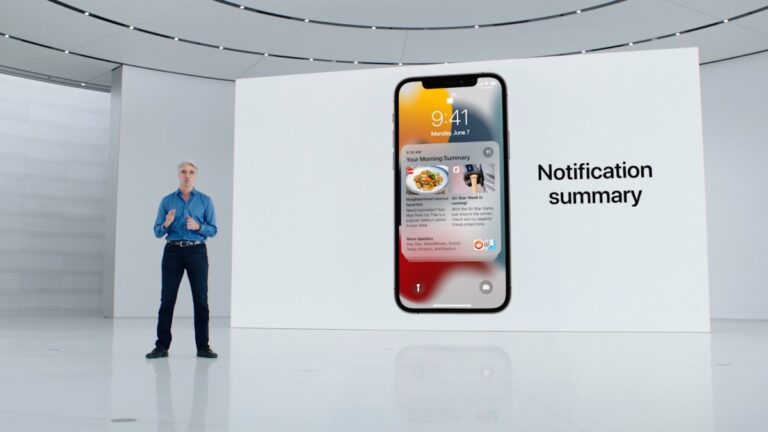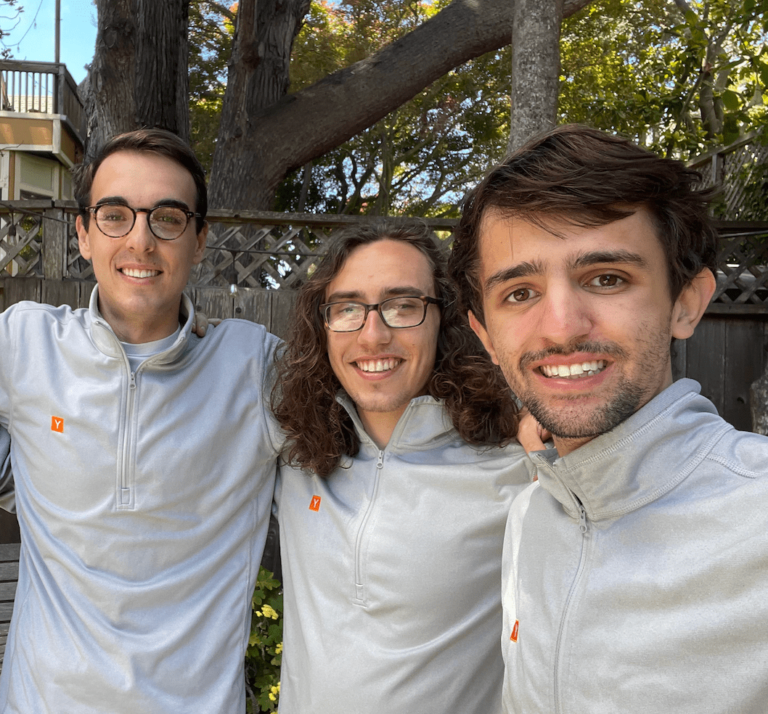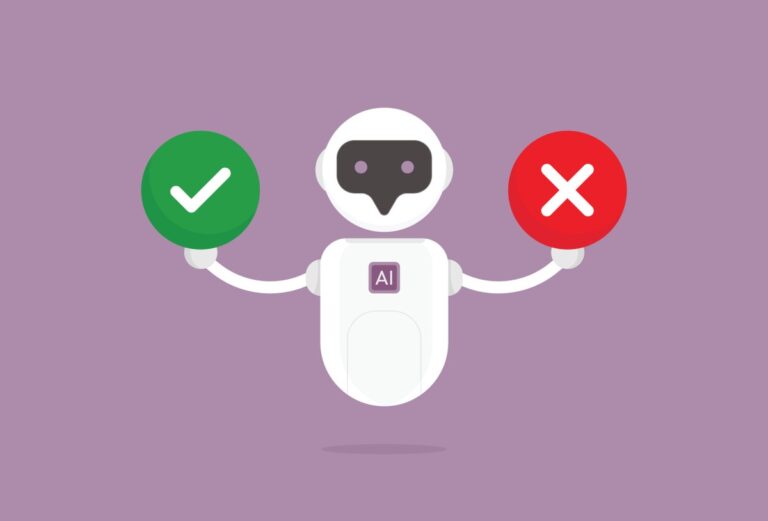Mark Zuckerberg Proposed Instagram Spin-Off to Combat Facebook’s ‘Cannibalization’ Issues
In a recent revelation during the ongoing Meta antitrust trial, internal communications from CEO Mark Zuckerberg have surfaced, highlighting his concerns about the potential impact of Instagram on Facebook’s growth. This situation sheds light on the complexities surrounding Meta’s acquisitions and how they might affect the competitive landscape in social media.
Concerns Over Instagram’s Impact on Facebook
In an email dated May 2018, Zuckerberg expressed apprehension to other Meta executives about the possibility that Instagram’s growth could negatively affect Facebook. He noted that data indicated a significant decline in Facebook engagement as users migrated to Instagram. This led him to question the sustainability of both platforms under Meta’s umbrella.
Key Insights from Zuckerberg’s Email
- Network Collapse Risk: Zuckerberg warned of a potential “network collapse” if Instagram continued to grow at the expense of Facebook.
- Engagement Decline: He highlighted that as users joined Instagram, their engagement on Facebook “declines significantly.”
- Strategic Adjustments: Zuckerberg proposed reducing Instagram’s promotions and creating stronger links between the two platforms to mitigate cannibalization.
FTC’s Case Against Meta
The U.S. Federal Trade Commission (FTC) is trying to prove that Meta maintains a monopoly in the social networking space by acquiring competing apps like Instagram and WhatsApp. The FTC’s case is bolstered by emails and messages that reveal Zuckerberg’s understanding of the threats posed by Instagram to Facebook’s relevance.
Zuckerberg’s Strategic Recommendations
Zuckerberg’s email included suggestions for integrating the two platforms more closely:
- Enhancing cross-platform engagement for video creators.
- Combining voice and video calling capabilities across WhatsApp, Messenger, and Instagram.
- Branding adjustments to keep Facebook at the forefront.
Branding and Future Considerations
Interestingly, Zuckerberg also voiced concerns about the branding of Meta’s products. He proposed that Instagram and WhatsApp should prominently feature the Facebook brand to reinforce their connection, suggesting that they should be labeled as “Instagram by Facebook” and “WhatsApp by Facebook.”
Despite these recommendations, Meta has opted for a different branding strategy. In 2021, the company rebranded itself as Meta, with its new logo appearing across all its apps.
Potential Spin-Out of Instagram
If the FTC’s case succeeds, Meta may be compelled to separate Instagram and WhatsApp into independent entities. Ironically, this was a strategy suggested by Zuckerberg in his 2018 correspondence, as he believed it could help preserve Facebook’s growth and retain Instagram’s founders, Kevin Systrom and Mike Krieger.
As the trial progresses, the implications of Zuckerberg’s concerns and the FTC’s case will unfold, potentially reshaping the future of social media.
In response to these developments, a Meta spokesperson stated that the company views these emails as “out-of-context” and asserts that they do not change the competitive realities Meta faces. For more on this ongoing case, visit FTC Press Releases.
For further insights into Meta’s business strategies and the evolving landscape of social media, you can explore our additional articles on Meta’s Business Strategy and Social Media Competition Trends.






